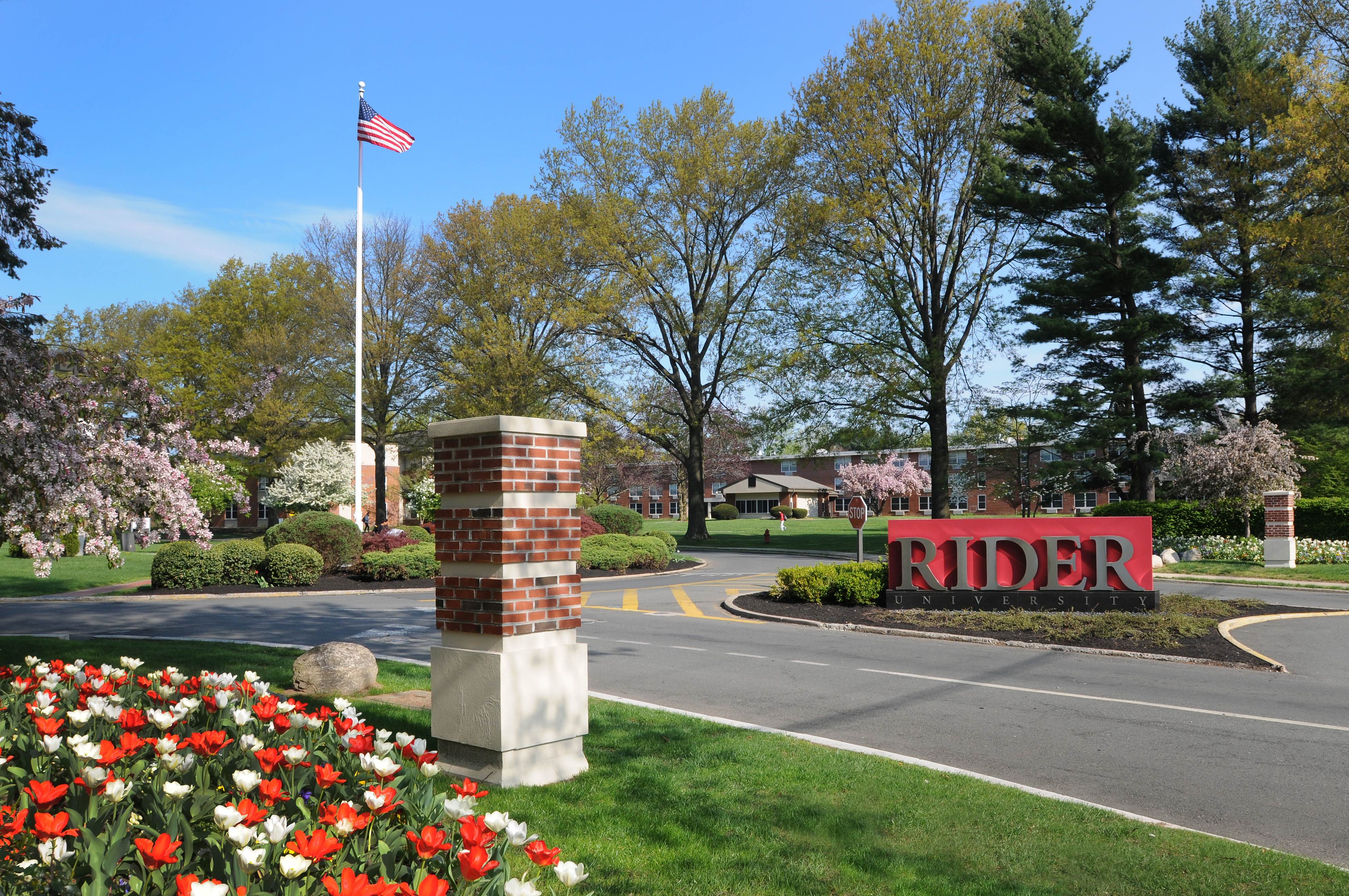Monday, Nov 28, 2016
Change recognizes School of Education as own entity
by Michelle Wood '17
For many years, Rider University’s College of Liberal Arts, Education, and Sciences (CLAES) was home to the School of Education (SOE), even though the two operated as separate entities. Each managed its own operating budget and was led by its own respective dean, both of whom reported directly to the provost.
Over the summer, a name change to CLAES recognized the current operational practice. On July 1, 2016, the name of CLAES was formally changed to the College of Liberal Arts and Sciences (CLAS).
While the relationship between the College of Liberal Arts and Sciences and the School of Education continues to be as collaborative and strong as ever, the change will allow both to focus more acutely and individually on its own programs and initiatives.
“The separation is more administrative than anything else,” says CLAS Dean Jonathan Millen. “Our students will continue to benefit from the faculty and curriculum of both SOE and CLAS, and we will continue to support our students' success in the classroom and in the field.”
Founded in 1913, the School of Education prepares students to be effective educators. Rider was the first private New Jersey institution to hold the highest accreditation possible in teaching from the National Council for the Accreditation of Teacher Education, and the SOE offers graduates added value and recognition nationwide when seeking employment or admission to graduate study. "Our outstanding reputation, excellent quality and high job placement rate make Rider the first choice for many future teachers," says SOE Dean Sharon Sherman.
Rider’s liberal arts and science programs help students learn critical skills to analyze information and alternatives critically. CLAS focuses on collaboration with students and faculty members and real-world learning experiences to prepare students for a successful future.
As the two complement each other seamlessly, many students choose to double major in liberal arts and sciences and education. The separation allows the University to recognize the unique academic demands that students must meet in each discipline.
Millen and Sherman have established a genuinely collaborative approach that ensures students in both schools will continue to receive the top learning opportunities and resources that are needed for their success.

